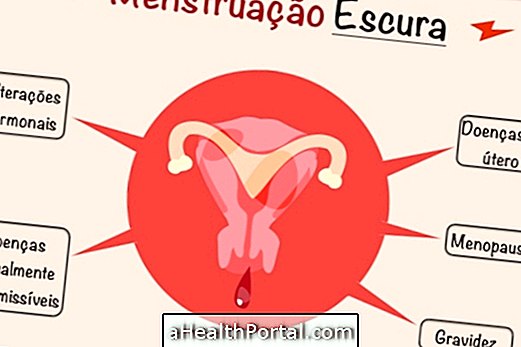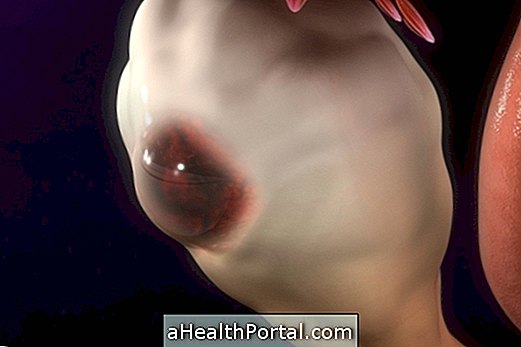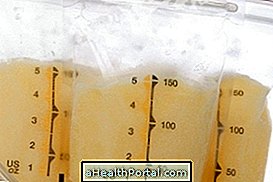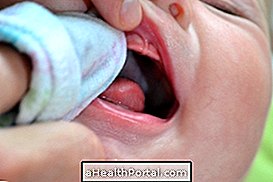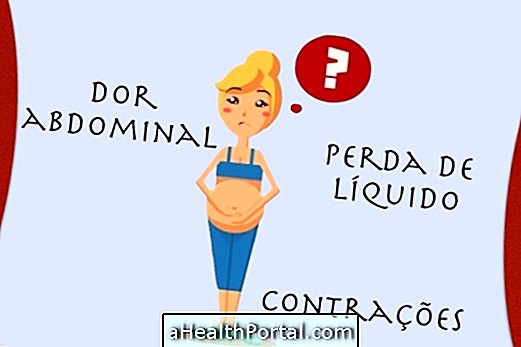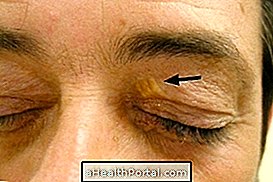Currently there are several treatment options for cases of infertility, which usually depend on the cause of the problem, which may occur in the process of ovulation, fertilization or fixation of the fertilized egg in the wall of the uterus.
Thus, there are techniques and medicines that can act in any of these steps, like medicines that stimulate ovulation, that promote the maturation of the eggs, or that improve the quality of the endometrium, for example.

Ovulation Inducing Remedies
Ovulation inducing drugs can act on the brain, stimulating it to produce the hormones LH and FSH, which in turn stimulate the ovary to release eggs or may even replace these hormones:
1. Action in the brain
The remedies that are used to induce ovulation that act on the brain are Clomid, Indux or Serophene, which have in their composition Clomiphene, which acts stimulating the pituitary to produce more LH and FSH, which in turn will stimulate the ovaries to mature and release the eggs. One of the disadvantages of this medicine is that it makes it difficult to implant the embryo in the endometrium.
Another drug most recently used in ovulation induction is Femara, which has Letrozole in its composition and is generally indicated to treat breast cancer. However, in some situations it is used in the treatment of fertility because, in addition to having fewer side effects than Clomiphene, it also maintains good endometrial conditions.
2. Action on the ovaries
The remedies that are used to induce ovulation and act on the ovary are gonadotropins, such as Menopur, Bravelle, Gonal-F or Puregon, for example, which have the composition FSH and / or LH, which stimulate the ovaries to mature and release the eggs.
The most common side effects that can occur with the use of these medications are fluid retention, multiple pregnancy and cysts formation.


